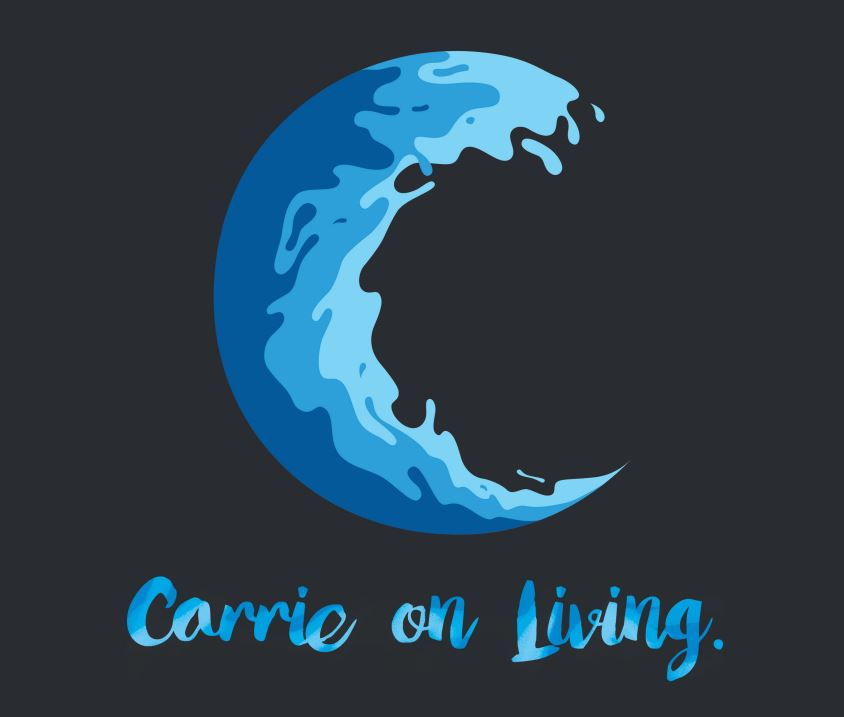What is clinical Myotherapy?
‘Myo’ meaning muscle, is a form of manual therapy that focuses on the assessment, diagnosis, treatment and management of a musculoskeletal injury or dysfunction. Injury or dysfunction to your muscles can result due to poor work ergonomics, recreational activities, overuse, improper biomechanical functioning or trauma.
Here at Carrie on Living the focus of treatment is primarily directed towards the elimination of myofascial trigger points (MTrPs). MTrPs are hyperirritable spots within the muscles, these are more commonly known to us as ‘knots’. These knots can cause both pinpoint and / or referred discomfort throughout the body and can affect other structures such as your nerves and joints.
Management of these MTrPs is essential for:
- faster healing of your soft-tissue injuries;
- prevention of further soft tissue damage;
- improved muscle health by maintaining optimum function of your muscles, tendons and ligaments.
Myotherapy Services and Treatments
It is the most effective way to release reform and strengthen your muscles so you can carry
Heat therapy opens up blood vessels, which increases blood circulation and supplies oxygen and nutrients to reduce pain. Also helps to place heat on affected areas after treatment, to keep encouraging blood facilitation, so the blood doesn’t pool.
Cold therapy slows down the blood flow to an injured site, thereby reducing pain and swelling. Cold therapy slows circulation, reducing inflammation, muscle spasm and pain. It can be applied in the first 48hrs of injury when the area is swollen or bruised.
What to expect from your initial myotherapy consultation?
Before starting any treatment, we at Carrie on Living will need to know a little more about you. Prior to any physical treatment we’ll collect a detailed patient history of your general health as well as an explanation of your personal symptoms of your current presenting condition. A series of physical tests will then be examined such as a;
- Postural assessment
- Orthopaedic tests
- Muscle testing
- Neurological testing
- Range of motion of your joints
- Active palpation (feeling for any irritability or MTrPs)
This examination is imperative. It allows us to confirm your presenting condition and to measure your current condition (range / flexibility / discomfort level) allowing us to track improvement throughout your treatments. This examination also allows us to design a program unique to each individual. Due to this thorough process a 1 hr consultation is required.
Common musculoskeletal conditions
Clinical myotherapy is known to help various types of musculo-skeletal conditions, including:
- Back and neck discomfort
- Sprains and strains
- Fibromyalgia
- Lateral epicondylitis (Tennis elbow) and medial epicondylitis (golfer’s elbow)
- ITB syndrome
- Headaches/ Migraines
- Rotator cuff injuries
- Thoracic outlet syndrome
- Plantar fasciitis
- Carpal tunnel

